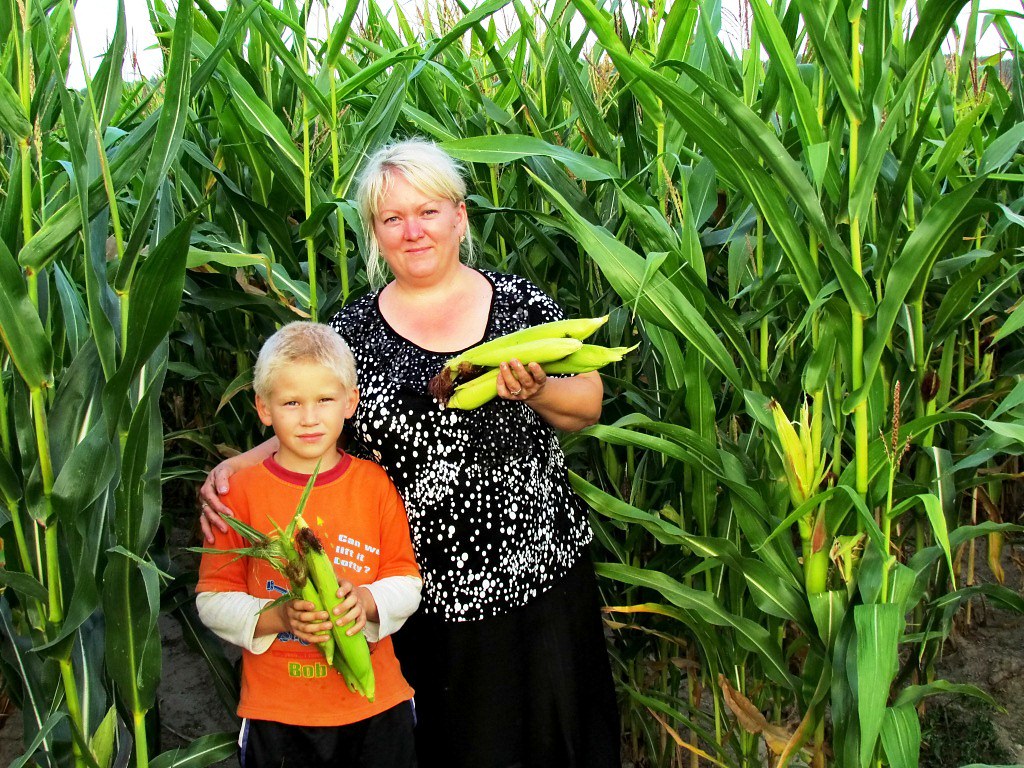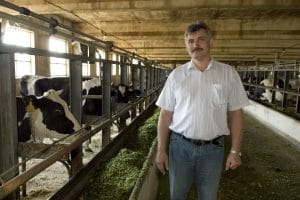
Sanctions may sting if Russia invades Ukraine, despite Moscow’s efforts at sanction-proofing
Posted: 17th February 2022
By Susan D’Agostino | February 15, 2022

Natalia Koryagina, Russia. After teaching herself to cultivate organic vegetables in her kitchen garden, Natalia Koryagina, a local geography teacher, has won national recognition for her work promoting new agricultural techniques in kitchen gardens, and providing training to local women on the use of these techniques. Accessed via Flickr. CC BY-NC-ND 2.0
When the West imposed political and economic sanctions on Russia after it invaded and annexed Crimea in 2014, President Vladimir Putin responded by banning many Western products in food, defense, and other critical sectors. Soon after, Russian state media featured clips of authorities driving bulldozers over Hungarian poultry and shoveling Dutch cheese into incinerators. That left Russians leaning into locally sourced agricultural products, which in turn ignited a Russian farm-to-table movement. Patriotic citizens sourced cheese and other homegrown products from local vendors. In place of French foie gras, Russian foodies dined on moose-lip dumplings at Moscow’s White Rabbit, which went on to earn a coveted Michelin star in 2021.

Working at the agricultural enterprise and farm “sovkhoz Voronovo.” Podolsky district, Moscow region. Photographic mission to Russian Federation, 22-29 September 2006. Accessed via Flickr. CC BY-NC-ND 2.0
During a one-hour call with Putin on Saturday, US President Biden warned of “swift and severe” costs should Russia invade Ukraine. Though Russia indicated this morning that it was pulling some of its more-than-100,000 troops back from the Ukrainian border, it continues large-scale drills. The United States and its European allies have outlined punishing financial, technological, and military sanctions in the event of a Russian invasion. Many analysts have concluded that Russia suffered in the wake of the 2014 sanctions. Still, in the years since, Putin has been at work attempting to sanctions-proof Russia’s economy by identifying domestic substitutes for imports, reducing its exposure to US dollars, shifting trading partners to Asia, and cutting public-spending.
https://thebulletin.org/2022/02/sanctions-may-sting-if-russia-invades-ukraine-despite-moscows-effort…